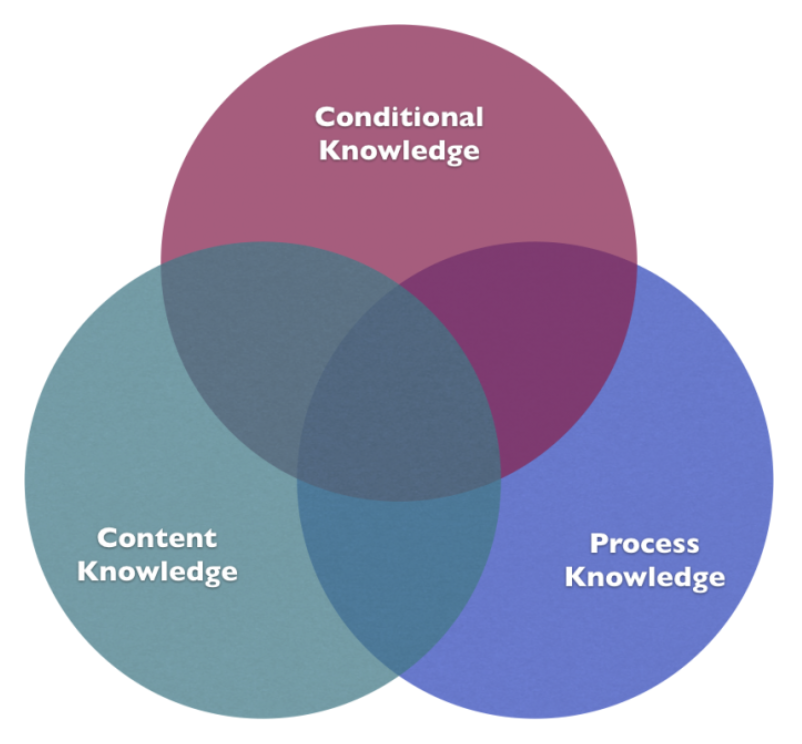In my previous article, Seven Mistakes in Clinical Supervision, I highlighted common pitfalls we make in our pedagogy of choice in professional development.
In this blog post, I will provide a pathway out of the first of the seven issues, Too Much Theory-Talk, by suggesting the regular use of recording and reviewing of the supervisee’s clinical work.

Like what you are reading? For more stimulating stories, thought-provoking articles and new video announcements, sign up for our monthly newsletter.
When there is a gap in the supervisee’s clinical knowledge, the supervisor can impart specific content knowledge by adopting a didactic stance and providing “just-in-time” relevant corrective information. In addition, especially for beginning practitioners, supervisors can provide relevant reading materials and resources.
However, in order for supervisors to provide relevant and useful feedback and guidance regarding process and content knowledge, those more complex and dynamic elements of the therapeutic encounter, it is not enough to simply talk about the content of the case from the removed position of clinical information-sharing. Much like other fields (music, sports), it’s important for the supervisee to record their therapy sessions so the supervisor may provide feedback about actual in-the-moment performance with particular clients, rather than feedback about a perceived performance by the supervisee. Feedback is useful when it’s based on well-defined objectives, observables, and specifics.
Take the renowned basketball coach, John Wooden. In an analysis of Wooden’s teaching practices, researchers found that 75% of his active coaching time consisted of “discrete acts of teaching . . . pure information: what to do, how to do it, [and] when to intensify an activity.” Slightly less than 7% of his time was spent dispensing compliments or disapproval².
As an aside, it is important to note that most theories are developed after the fact. As Gregory Bateson once said, “The theorist can only build his theories about what the practitioner was doing yesterday. Tomorrow the practitioner will be doing something different because of these theories.”
The field of psychotherapy is less about “specialized” technical knowledge, than it is about deep relational mastery to resolve the client’s (and occasionally, the clinician’s) emotional wounds. We need to move beyond content knowledge and design our learning to improve our process and conditional knowledge. Recall when Carl Rogers (1939) said “…A full knowledge of psychiatric and psychological information, with a brilliant intellect capable of applying this knowledge, is of itself no guarantee of therapeutic skill.”
In the next blog post, I will tackle the second issue raised in the article Seven Mistakes in Clinical Supervision, the “pat-on-the-back” phenomena in clinical supervision.
This blog post was adapted from the original titled: Three Types of Knowledge and Why This Matters in Psychotherapy.
References:
(1) Chow, D. (2017). The practice and the practical: Pushing your clinical performance to the next level. In D. S. Prescott, C. L. Maeschalck, & S. D. Miller (Eds.), Feedback-informed treatment in clinical practice: Reaching for excellence (pp. 323-355). Washington, DC, USA: American Psychological Association.
(2) Gallimore, R., & Tharp, R. (2004). What a coach can teach a teacher, 1975-2004: Reflections and reanalysis of John Wooden’s teaching practices. The Sport Psychologist, 18(2), 119-137. doi:10.1123/tsp.18.2.119
File under: The Art of Psychotherapy, Therapy Training






